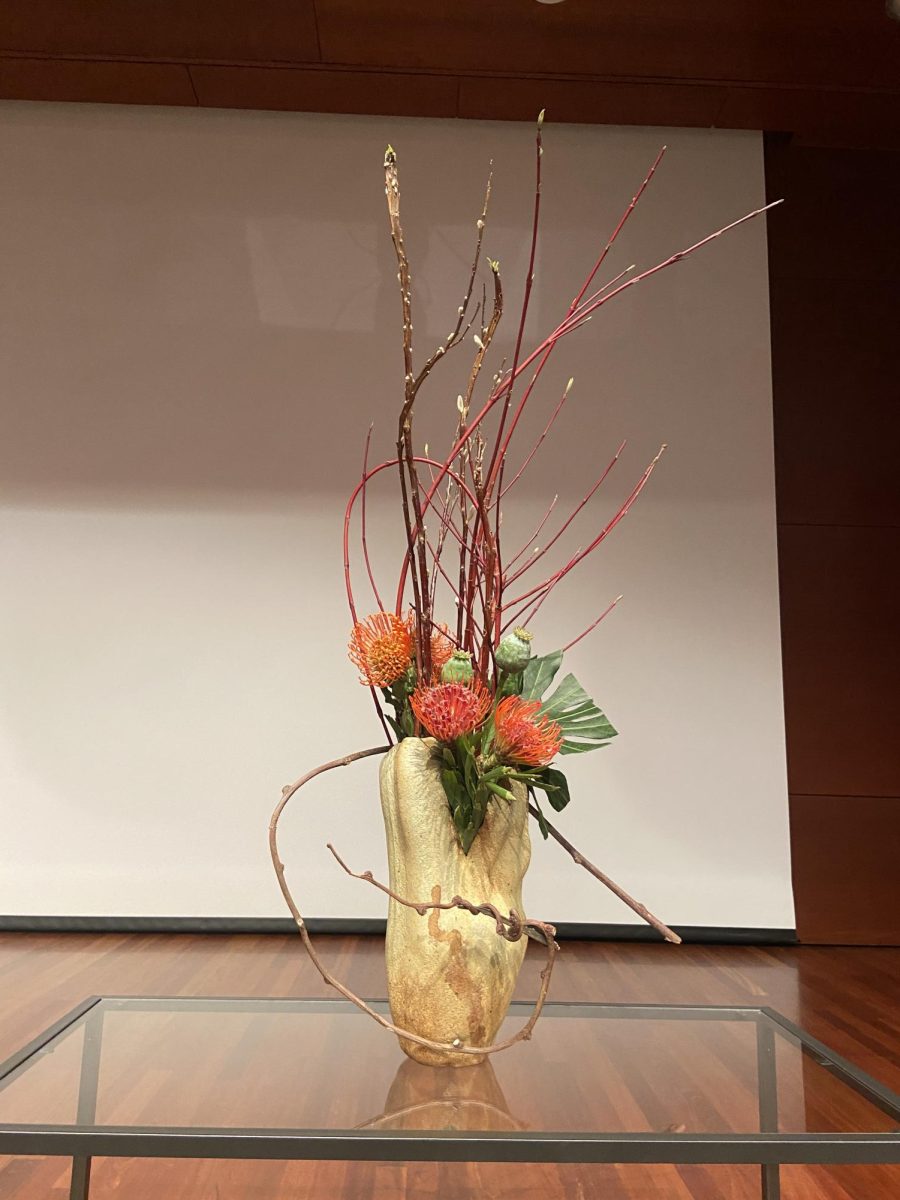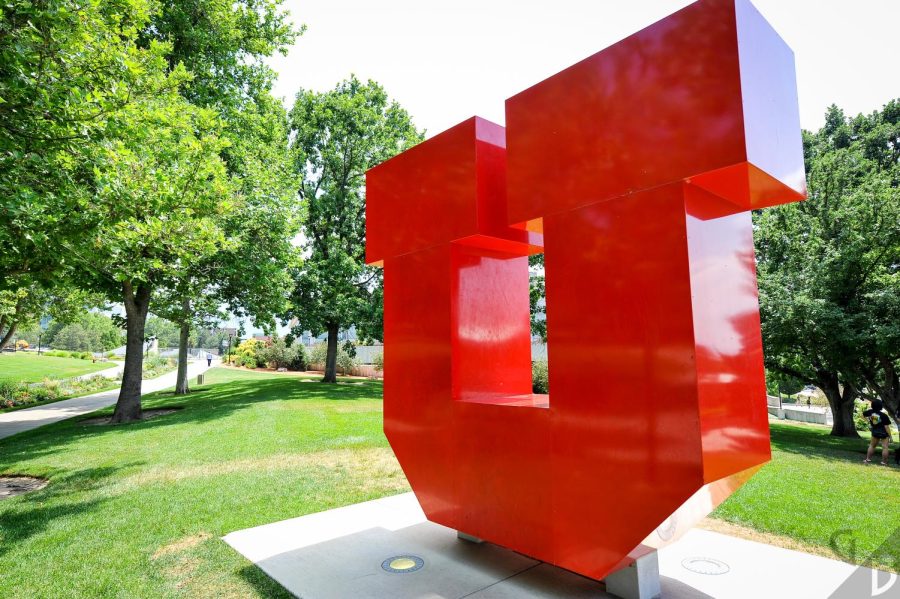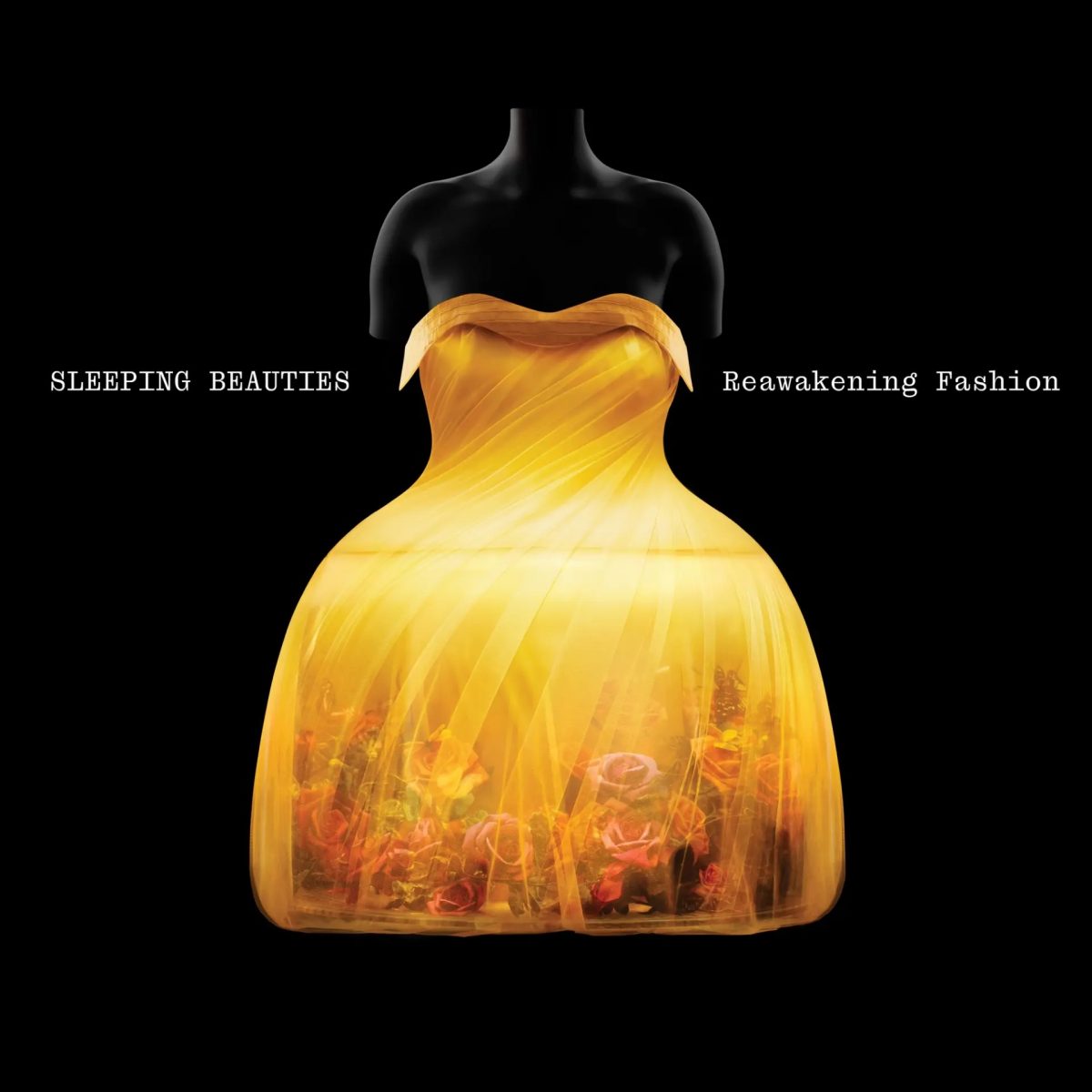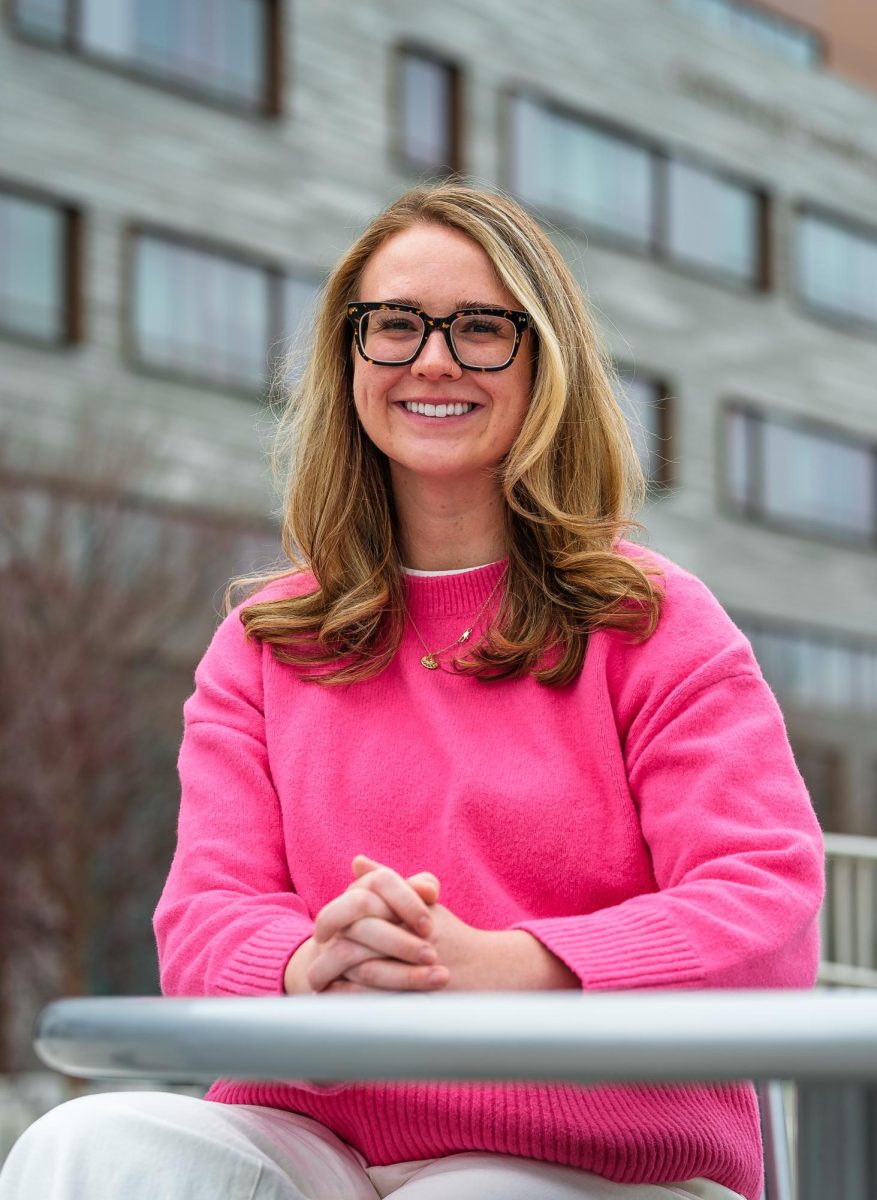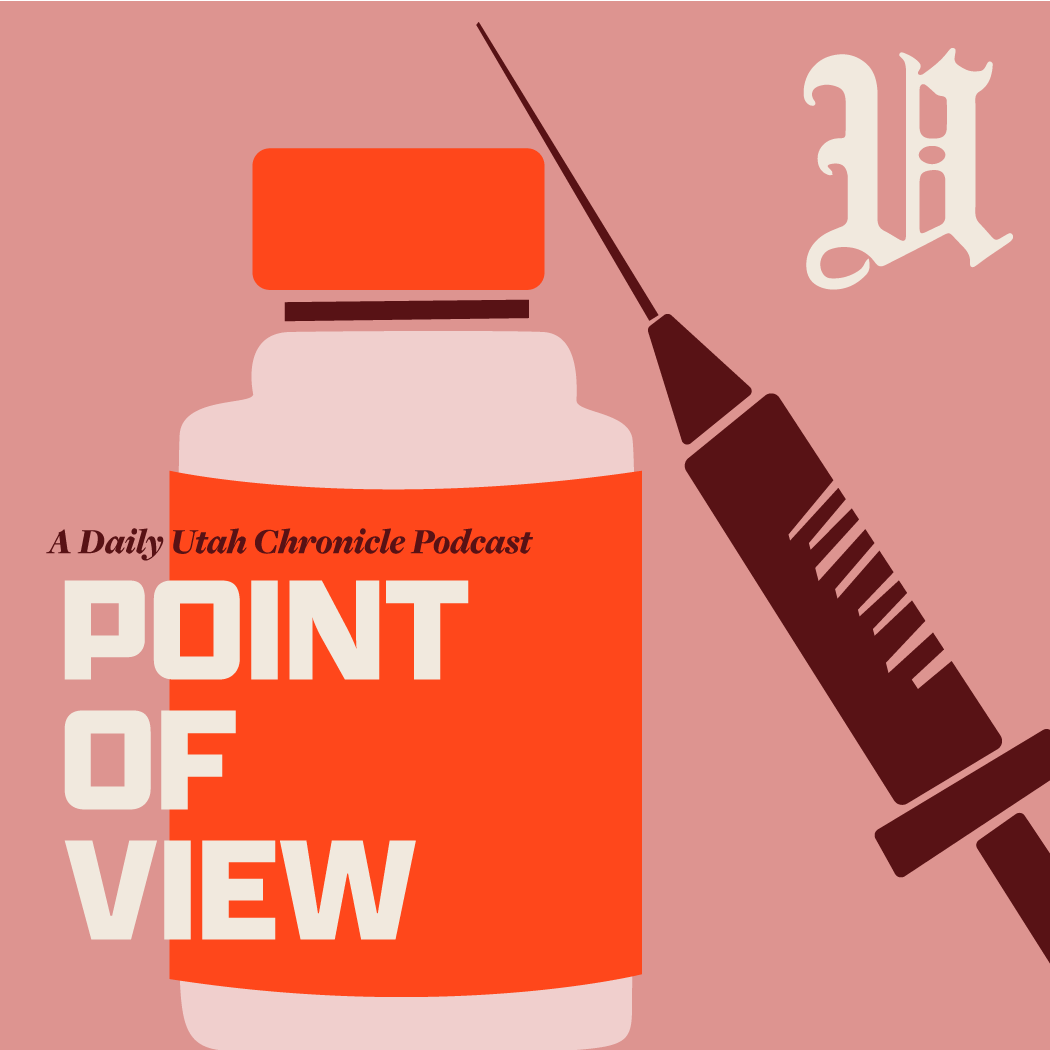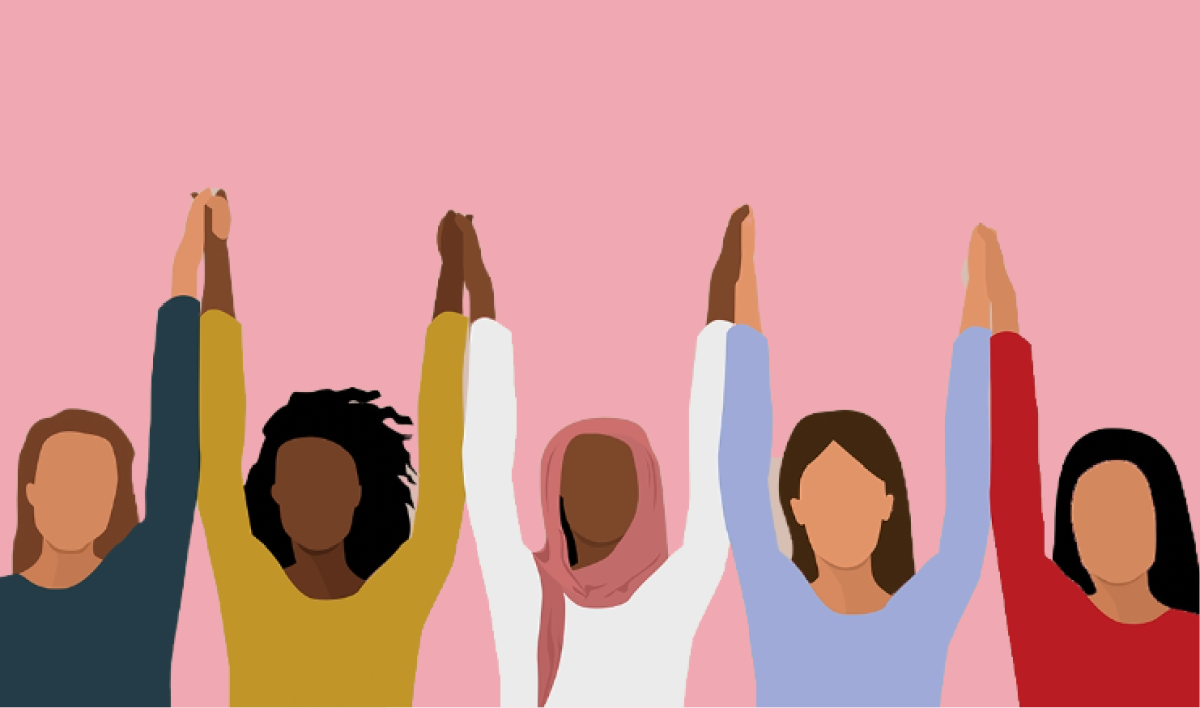This past week, “Orange Is the New Black,” the Netflix original about a women’s prison complex, aired its second season. To many, this was everything they had been waiting for: a dramatic, captivating show that makes you laugh, smile, scream and cry every episode. For those who have lived in the prison industrial complex or who have relatives or friends that do, this was a reminder of how seriously broken the justice system is.
In Piper Kerman’s novel, “Orange Is the New Black,” she wrote, “Prison is quite literally a ghetto in the most classic sense of the word, a place where the U.S. government now puts not only the dangerous but also the inconvenient — people who are mentally ill, people who are addicts, people who are poor and uneducated and unskilled.”
Prisons have become dumping grounds for anyone who does not fit within the “typical” American mold: queers, transgender people, poor women, the homeless, the mentally ill, the uneducated, addicts, people of color and activists, among others. They are not spaces to “rehabilitate” criminals, so that they may “function” in society. If they were, people with felonies would be able to vote, find work, and receive education (while incarcerated and after). The fact of the matter is that most cannot and do not, resulting in a viciously repetitive cycle of criminalization within society.
The Miami Herald recently published a story about a mentally ill man who was punished for defecating in his cell with a scalding hot shower that killed him. His death was covered up, explained as a heart attack, no one was charged, and just now, two years later, the story is finally being published. Additionally, “According to the police report, Mair [the victim] left a suicide note in his boxer shorts claiming he and other prisoners were sexually and physically abused on a routine basis by guards.” Sexual assault, lack of access to medical care, forced labor for little pay and other abuses are widely noted throughout the prison industrial complex, with more and more abuse rising as prisons become increasingly privatized.
As students, this issue should matter to us because people of color and low socio-economic status are constantly being stomped out of the education system and funneled into prisons. The American Civil Liberties Uniondescribes the school-to-prison pipeline as “the policies and practices that push our nation’s schoolchildren, especially our most at-risk children, out of classrooms and into the juvenile and criminal justice systems. This pipeline reflects the prioritization of incarceration over education.” As students receiving a higher education, we are privileged to have the opportunity to expand our horizons through academia. Despite the overwhelming costs, the fear of future debt and the stress of finding work, we have the opportunity to receive an education that will grant us access to a world that many in the prison system will never have access to. You can say this is because they are criminals, or you can choose to realize that the law is set up to punish people according to race, class and sexuality.
Angela Davis, author of “Are Prisons Obsolete?” wrote, “Prison abolitionists are dismissed as utopians and idealists whose ideas are, at best, unrealistic and impracticable and, at worst, mystifying and foolish. This is a measure of how difficult it is to envision a social order that does not rely on the threat of sequestering people in dreadful places designed to separate them from their communities and families. The prison is considered so ‘natural’ that it is extremely hard to imagine life without it.” Prisons may seem like a natural entity that must exist, but this is far from reality. As students, it is our job to unlearn what we have been taught to be “natural” and to decide what is really right for humanity.


